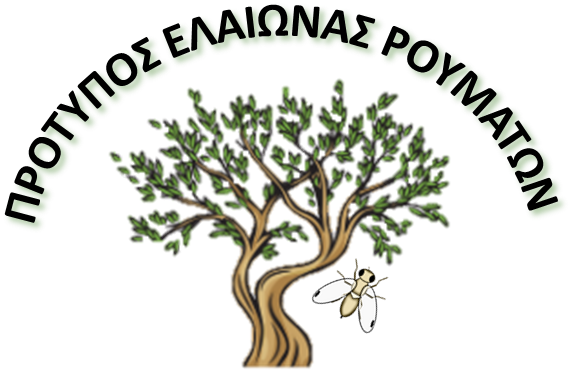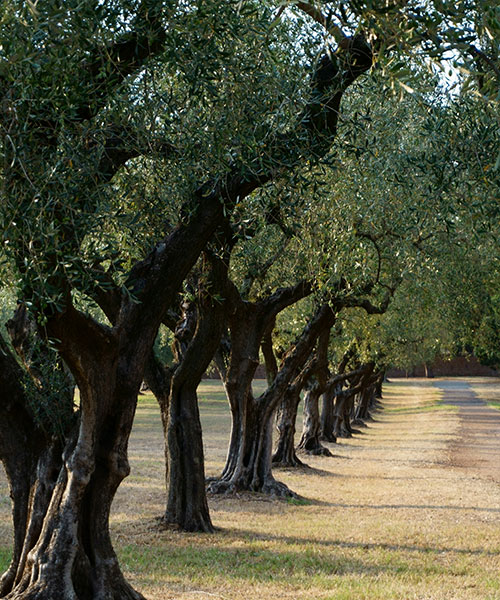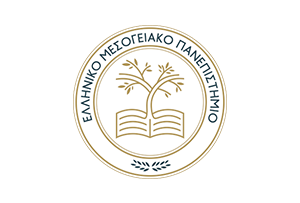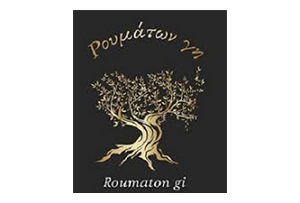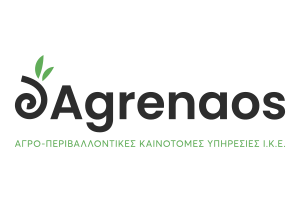Project results

Climate change and human intervention in the olive grove agro-ecosystem (intensive application of cover sprays often using at least 2 active ingredients per application), lead to outbreaks of minor pests (Dasyneura oleae, Calocoris trivialis etc.) or new pest invasions (Euzophera bigella) but mainly of the olive fruit fly during winter. Residues of authorized (e.g. dimethoate, beta-cyfluthrin), non-authorised (chlorpyrifos) and even banned (fenthion) insecticides are often detected in olive oil, while scientific reports of the development of insect resistance to the insecticides used (pyrethrins and/or organophosphates) are increasing. Therefore, the application of environmentally friendly methods of tackling olive fruit fly, minimizing the use of agrochemicals, is becoming imperative due to the ban on organophosphates (e.g. Fenthion in 2008), neonicotinoids and the phasing out of some pyrethrins (by 2024).
The proposed project is expected to achieve particularly important results such as:

- the protection of the area of interest from pesticide residues, as well as the upgrading of the wider agro-ecosystem,
- a more effective control of the pest,
- the adoption of modern sustainable and environmentally friendly farming practices and precision agriculture by producers, by completely eliminating cover spraying,
- the establishment of a olive grove model to train producers from all over the world,
- the development of a roadmap of best and sustainable practices for the protection of olive production against olive fruit fly.
The successful completion of the project will give the Cooperative a strong brand name, contributing to the quantitative and qualitative upgrading of the products produced (olive oil and edible olives) with high nutritional and commercial value.
